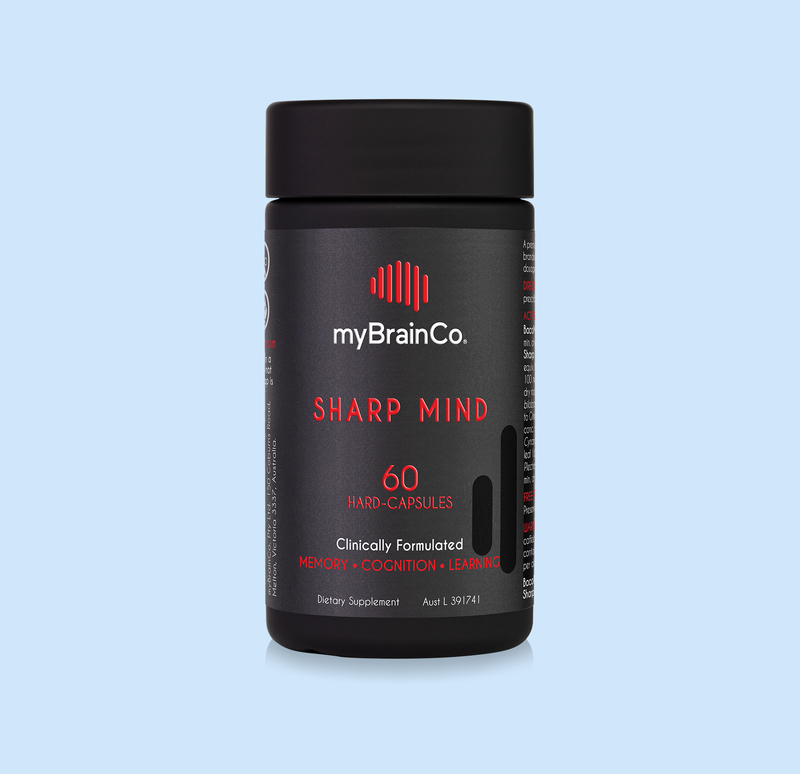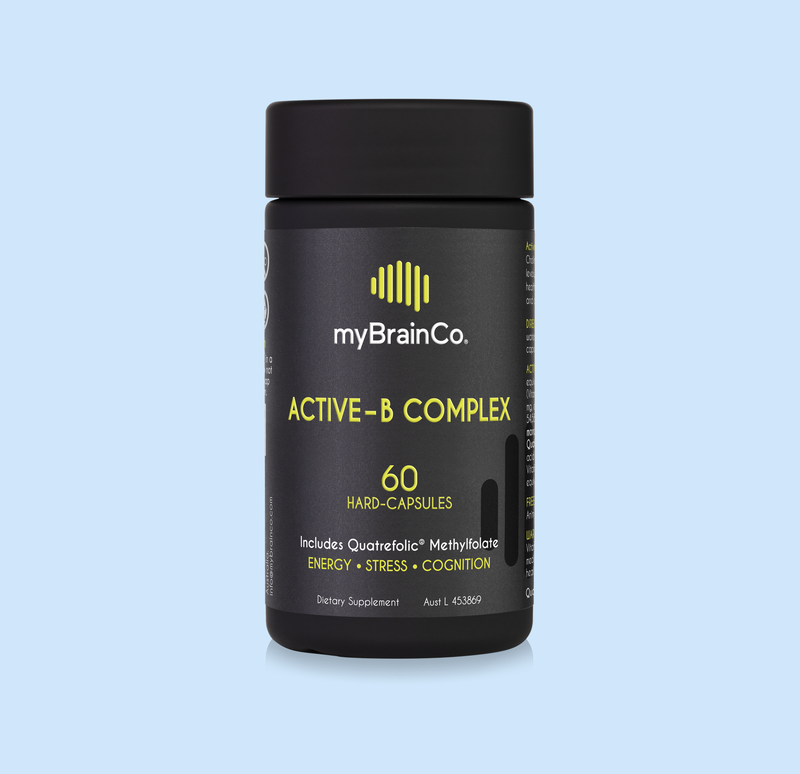Have you ever heard the term free radicals and wondered what it actually means?
You could be forgiven for thinking it sounds like some sort of extreme political group, but in reality, free radicals are simply chemical reactions that occur within our bodies in everyday life.
Despite the bad press they tend to get, these molecules aren’t always all bad. There are situations where they can actually have both positive and negative effects on our bodies. Where problems arise is when they occur at levels that are in excess to our body’s capability to counteract them, and this is how they can lead to a variety of health problems.
Antioxidants are the antidote to free radicals. However, to fully understand how this works, we need to dive into some basic biochemistry.
How Are Free Radicals Made?
Do you remember learning about atoms being orbited by electrons in high school chemistry?
Free radicals occur when molecules have one or more unpaired electrons in their outermost shell. An unpaired electron makes a molecule highly reactive, and in order to achieve balance, it might want to rob or steal an electron from another molecule nearby.
When I think about free radicals, it reminds me of Looney Tune’s character, Tazzie Devil, spinning around, creating a path of destruction in his wake.
Similarly, with their insatiable need to bond with other molecules to satisfy their missing electrons, free radicals can cause a path of destruction as they rob electrons from other healthy cells or molecules nearby and start an inevitable chain reaction of destabilising cells and molecules with stolen electrons. This free radical activity is what we call oxidative stress in the body, as one after another, each molecule becomes reactive and needs to steal an electron to bring it back to balance.
Where Do Antioxidants Come In?
Where a free radical is a molecule that becomes an electron thief to other cells or molecules nearby, an antioxidant is a substance that has more electrons than it needs and can donate one of its surplus electrons to a free radical molecule, allowing it to stabilise and rebalance. This is how they are ANTI-oxidant. Because they reduce oxidative damage by being able to harmonise the electron needs nearby.
How Oxidative Stress Affects Our Health
Our body is constantly exposed to varying states of oxidative stress. Normal, everyday bodily functions such as eating, breathing or exercising will naturally produce free radicals. This is why our body has sophisticated built-in internal antioxidant systems known as glutathione, superoxide dismutase and catalase.
When our capacity to stabilise free radicals outweighs the availability of our antioxidant compounds, this is when cellular damage can occur. Free radicals, as they bounce around stealing electrons, rob those electrons from healthy cell structures or other molecules and make them reactive in the process. On a cellular level, this can damage DNA, ramp up inflammation and place significant demands on our cleansing and healing systems to constantly keep up with the workload.
How Do We Minimise Oxidative Stress?
Our diet plays an important role in the capacity of our internal (also known as endogenous – ie. made in the body) antioxidants. If our diet is rich in colourful foods, filled with antioxidants, and we’re eating adequate protein for the amino acids we need to power our antioxidant systems, then things tend to run efficiently.
However, if we’re eating a diet that’s high in processed foods or laden with low-quality oils or fats, preservatives and sugar, then we are eating a diet that will add to our free radical load. A low-quality diet will also under-supply our needs for antioxidant-supporting nutrients like vitamin C, sulphur and amino acids.
Poor quality diets play a major role in our path to chronic disease as they do not adequately support our nutritional requirements and can allow free radicals to go unopposed within the body, where they can chip away at our cellular health. This is why oxidative stress correlates so highly with metabolic and inflammatory diseases, including things like heart disease, cancers, Alzheimer’s disease and ageing.
What Are The Sources of Oxidative Stress?
In addition to oxidative stress that naturally occurs on a daily basis with normal metabolic functions, there are a number of things we can expose ourselves to that drive up our free radical exposure.
At any given moment, through the air we breathe and the environments in which we eat, sleep and work, we are exposed to a cocktail of chemicals, bacteria, toxins and other substances. Many of these exposures add to our free radical load.
Additionally, the food and drink choices we make have the potential to be either the most abundant source of antioxidants or add to our burden of free radicals. Daily stress is another factor that can be a driver of free radical production. Injury, inflammation and infection can also play a role.
How Do We Combat Oxidative Stress?
To mitigate oxidative stress, we need to pay close attention to the exposures we have (ideally minimising them as much as possible) and balance them with our antioxidant intake.
There are a number of foods we can focus on incorporating into our daily eating habits that have antioxidant benefits. In particular, it’s always easy to remember that foods that stain your fingers, such as berries, carrots, and beets are quite high in antioxidants. Vegetables in the brassica family (broccoli, cabbage, Brussels sprouts) are also rich in antioxidant compounds. By adding herbs to our food, like rosemary or cinnamon, we can get a concentrated dose of antioxidant nutrients as well.
Antioxidant supplements are a popular and convenient way to get a significant boost to your antioxidant status. The great thing about antioxidant herbs and nutrients is that they will also have other desirable health-promoting actions that benefit our health alongside their potent antioxidant qualities.
Some of the most well-researched antioxidant substances include;
Protect Your Brain With Antioxidants
The brain is highly susceptible to free radical damage due to its high fat composition and high oxygen demands. Antioxidants provide brain-protecting and cognitive-enhancing effects by preventing damage by free radicals to nerve structures and mitochondria. Focusing on supplying high-quality antioxidant compounds to the brain helps to protect long-term brain health and facilitate better memory and performance.
.
.
.
.
.
REFERENCES
Pham-Huy LA, et al. Free radicals, antioxidants in disease and health. Int J Biomed Sci. 2008 Jun;4(2):89-96. PMID: 23675073; PMCID: PMC3614697.
Cobley JN, et al. 13 reasons why the brain is susceptible to oxidative stress. Redox Biol. 2018 May;15:490-503.



